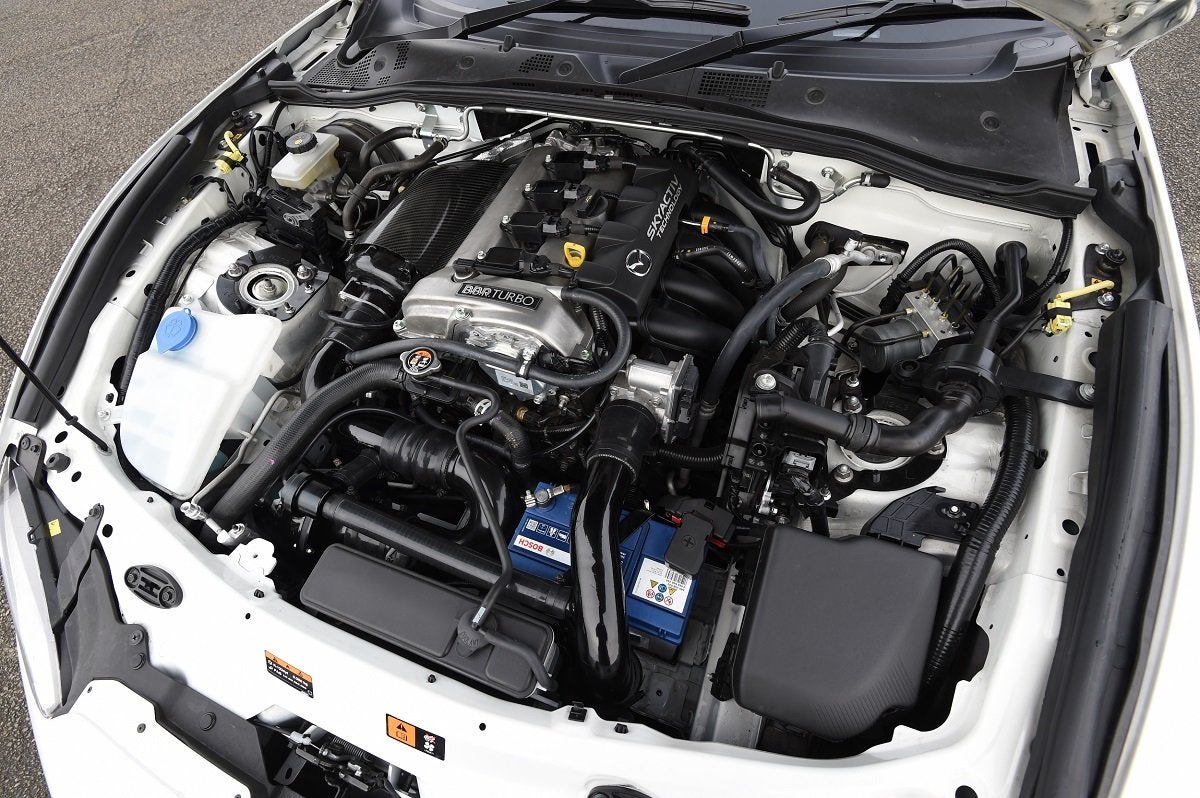What Engine Has My Car Got?
If you’re curious about what engine is in your car, there are a few ways to find out. The easiest way is to check your vehicle’s owner’s manual. The owner’s manual will usually have a section that lists the engine specifications, including the engine size, type, and horsepower.
If you don’t have your owner’s manual, there are a few other ways to find out what engine is in your car.
Decode Your VIN
Your vehicle identification number (VIN) is a unique 17-digit code that can be used to decode a lot of information about your car, including the engine type. The VIN is usually located on a metal plate on the driver’s side door jamb, or on the dashboard.
To decode your VIN, you can use a free online VIN decoder tool. There are many different VIN decoder tools available, so you can choose one that you like and trust.
Check Under the Hood
Another way to find out what engine is in your car is to check under the hood. The engine is usually located in the front of the car, and it will be the largest component under the hood.
The engine will usually have a label or badge on it that will identify the engine size and type. If you can’t find a label or badge, you can look at the engine block for the engine code.
Contact the Manufacturer
If you can’t find out what engine is in your car by any of the above methods, you can contact the manufacturer. The manufacturer will be able to provide you with the engine specifications for your car.
To contact the manufacturer, you can call their customer service number, or you can visit their website.
Additional Information
In addition to the engine size and type, you may also be interested in knowing the following information about your car’s engine:
- Horsepower: The horsepower of an engine is a measure of its power. The higher the horsepower, the more powerful the engine.
- Torque: The torque of an engine is a measure of its twisting force. The higher the torque, the more torque the engine can produce.
- Compression ratio: The compression ratio of an engine is a measure of how much the air-fuel mixture is compressed before it is ignited. The higher the compression ratio, the more efficient the engine is.
This information can be helpful when you are comparing different cars, or when you are trying to troubleshoot a problem with your car.





